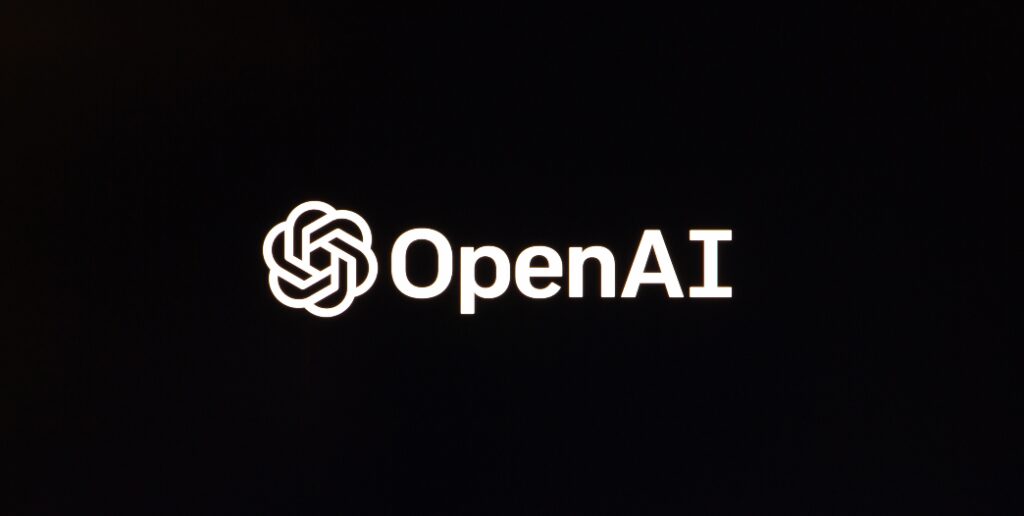OpenAI has made a significant move in the AI landscape with the launch of its official ChatGPT mobile app for iOS, and an Android version is expected to follow soon. The app, which is free to use, allows users to interact with ChatGPT, the popular AI chatbot, on their iPhones and iPads. It offers voice input functionality, leveraging OpenAI’s open-source speech recognition model, Whisper. Users can download the app from the App Store, and while the initial rollout is limited to the United States, OpenAI plans to expand its availability to other countries in the coming weeks.
The release of the ChatGPT app comes as no surprise, given the immense popularity of the AI chatbot. Although OpenAI had not previously hinted at a mobile app, the app’s arrival aligns with the growing demand for ChatGPT’s capabilities. It is speculated that ChatGPT attracted approximately 100 million users by January this year, although OpenAI has not confirmed these figures.
The ChatGPT app brings several advantages to users, including the ability to access the chatbot’s features on the go without the need for a traditional web search. With concerns over other voice assistants’ limitations, such as Siri, users may find ChatGPT as a compelling alternative for their mobile assistance needs. Additionally, the app syncs chat history across devices, allowing users to access their previous interactions seamlessly. The integration of Whisper enhances the user experience by enabling voice input functionality within the app.
OpenAI has taken a somewhat ambivalent approach to positioning ChatGPT in the market. Initially launched as an experiment, the chatbot quickly gained traction among consumers, who found various applications for it, ranging from academic assistance to business-related tasks. In February, OpenAI introduced ChatGPT Plus, a premium subscription that offers priority access, faster response times, and the utilization of OpenAI’s latest language model, GPT-4, for $20 per month.
Previously, the most convenient way to access OpenAI’s language models on mobile was through Microsoft’s Bing app, which incorporated access to OpenAI’s GPT-4-powered chatbot. However, with the official ChatGPT app now available, it is likely to attract users away from Microsoft’s platform. Moreover, the launch of the official app should help mitigate the proliferation of spam and fake apps that falsely claim to provide access to ChatGPT on mobile devices.
Despite the app’s exciting release, it is essential to acknowledge some of the challenges associated with ChatGPT on mobile. These include the bot’s tendency to fabricate information with unwarranted confidence and concerns about privacy. OpenAI has recently given users the option to make conversations private, but the app’s home screen explicitly advises against sharing sensitive information.
OpenAI’s venture into the mobile app market with ChatGPT marks a significant milestone, offering users greater accessibility to the chatbot’s capabilities and providing an ad-free experience. As major tech companies continue to explore AI and integrate AI capabilities into their search engines, OpenAI’s dedicated mobile app presents a new avenue for users to engage with AI-driven assistance. With its widespread adoption and the potential impact on existing search engine providers, OpenAI’s ChatGPT app could reshape how people use their mobile devices to access information and connect with AI-powered services.












